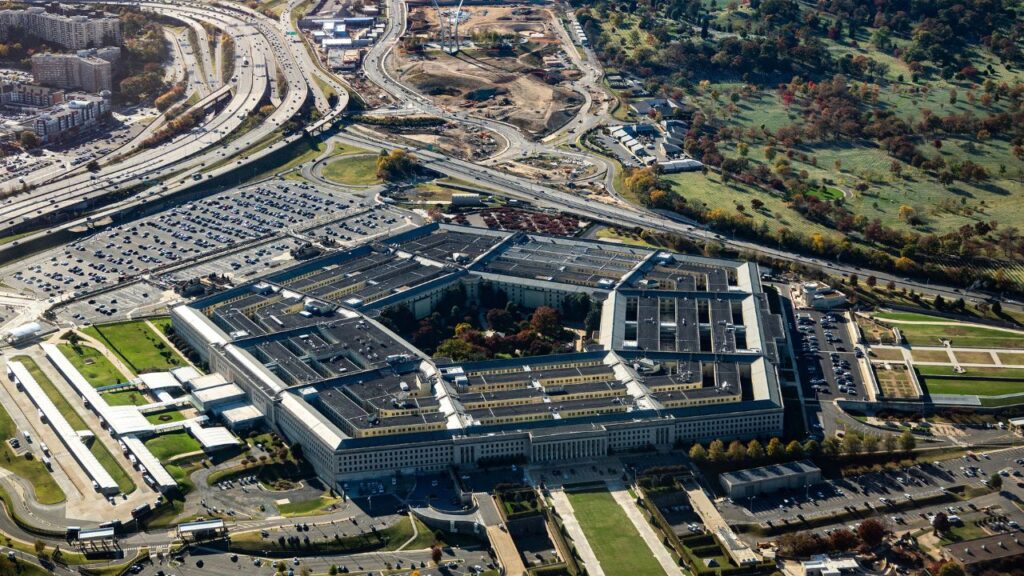Share
By withdrawing their proposed state constitutional amendment a day before it faced an important Senate committee vote, the lawmakers set up a potential showdown with tribal casinos in 2022.

— Assemblyman Adam Gray, D-Merced
Coronavirus Complicated Efforts
Both sides blamed the coronavirus pandemic for delaying efforts that they wanted to go to the voters for approval this fall.
“Given the deadlines for getting a measure on the November ballot and the impact of Covid-19 on the public’s ability to weigh in, we were not able to get the bill across the finish line this year,” Dodd said.
He promised to keep working toward the 2022 mid-term elections to “lift this widespread practice out of the shadows to make it safer and to generate money for the people of California.”
Legalized Wagering Would Have Raised $700 Million Annually for State
He and Gray had pitched their bill as a way to eventually generate up to $700 million annually as the once-flush state tries to close a $54 billion budget gap caused by the pandemic.
Kyle Kirkland is president of the California Gaming Association, which represents card rooms, and president of Club One Casino in Fresno. Kirkland called the stalling of the Dodd-Gray effort a lost opportunity to reap money that could have gone for worthy state programs.
The two lawmakers introduced the legislation after the U.S. Supreme Court overturned a federal ban on sports betting in 2018. Since then, nearly two dozen states and the District of Columbia have authorized sports betting.
PlayCA.com analyst Dustin Gouker last month called California “the holy grail of sports betting markets,” projecting that it could bring more than $30 billion in annual wagers, $2 billion in revenue for operators and $300 million in state taxes under the lawmakers’ plan.
Effort Opposed by Tribal Casinos, Which Have Their Own Plan
The California Nations Indian Gaming Association said Monday that internet sports betting would have “threatened brick-and-mortar establishments” and would “reward out-of-state commercial business entities and raise regulatory challenges.”
But the group has not yet submitted its signatures for verification, and the deadline for completing that entire process is Thursday. If the signatures are verified later, the measure will be on the November 2022 ballot.
The tribes’ campaign sued to get the deadline extended, citing the coronavirus stay-at-home order that delayed signature gathering.
“Without an extension, we cannot meet the current deadline” for November Mejia said.
RELATED TOPICS:
Categories

Pentagon to Send 200 Troops to Nigeria

FDA Refuses to Review Moderna Flu Vaccine

















